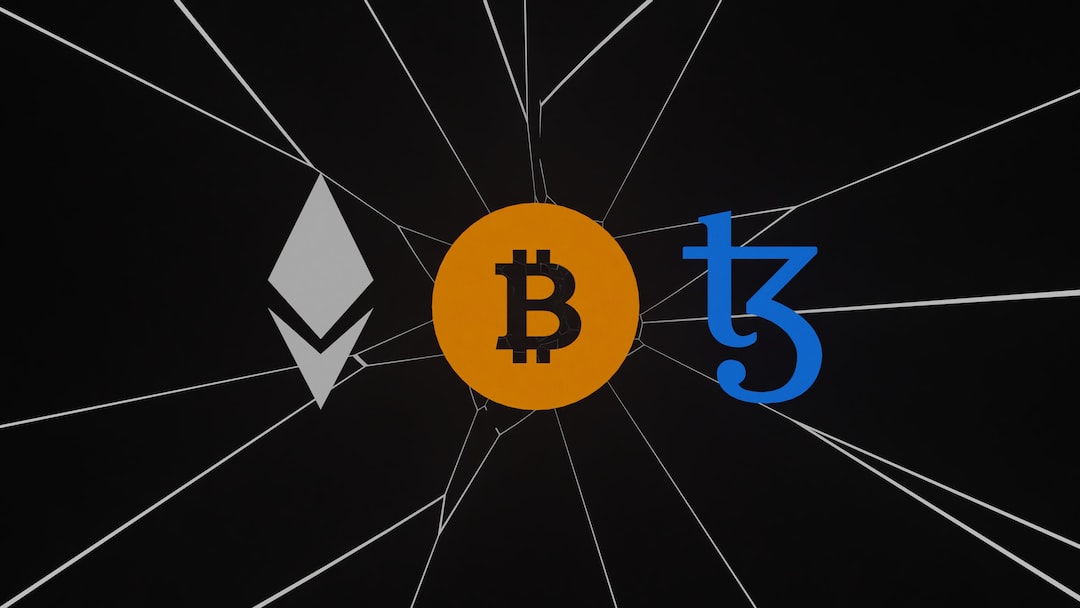Grayscale’s Victory and its Effect on Bitcoin
Renowned economist Peter Schiff presents a different perspective on Grayscale’s victory over the SEC, highlighting potential drawbacks for Bitcoin. Schiff argues that if the GBTC fund becomes a spot ETF, it could increase Bitcoin’s tradable supply, which he believes is bearish for the cryptocurrency.
Key Points:
- If approved, GBTC investors can redeem their Bitcoin, leading to a sell-off that increases the tradable supply, potentially impacting Bitcoin’s price.
- GBTC reportedly owns over 3% of Bitcoin’s circulating supply, making a sell-off significant for the market.
- Others argue that the approval of other ETF applications may balance out the supply increase caused by Grayscale’s redemptions.
- Grayscale filed a lawsuit against the SEC after its application to convert the GBTC fund into a Spot Bitcoin ETF was rejected.
- The court ruled in favor of Grayscale, implying a higher possibility of approval in the SEC’s review.
The SEC’s Next Steps
Legal expert Jake Chervinsky offers four theories on the SEC’s next actions. Firstly, the SEC could find another reason to deny Grayscale’s proposal, leading to further legal battles. Secondly, the SEC may choose to abide by the court’s decision and change its anti-ETF position. Additionally, political pressure, including lobbying from BlackRock and its CEO, Larry Fink, may influence the SEC to approve pending ETF applications. Lastly, Chervinsky suggests that the SEC’s Chair, Gary Gensler, could approve these ETFs to show the Commission’s willingness to regulate crypto products.
Hot Take:
While Grayscale’s victory may have a positive effect on Bitcoin’s price in the short term, economists like Peter Schiff raise concerns about the potential increase in tradable supply and its long-term impact. The SEC’s next steps will determine whether the approval of ETF applications will alleviate or exacerbate these concerns.





 By
By
 By
By
 By
By
 By
By
 By
By